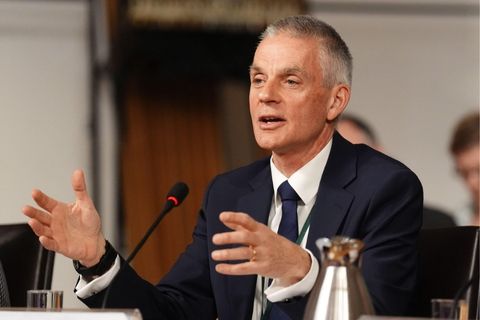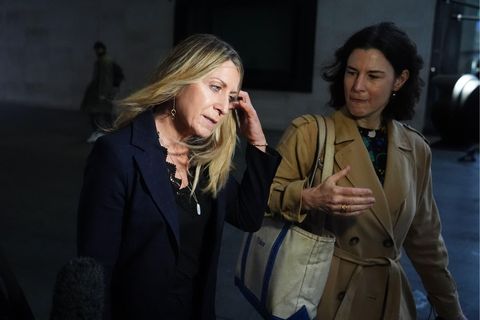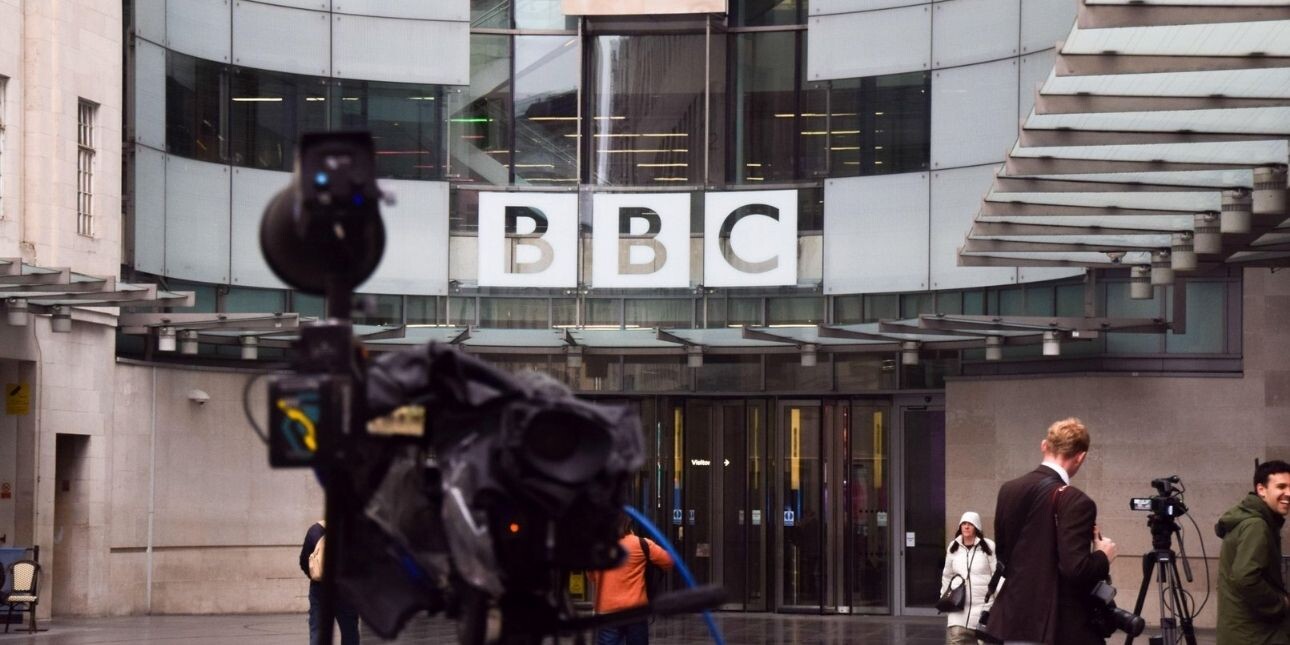The BBC resignations: when perception, politics and PR collide
What the resignations of Tim Davie and Deborah Turness say about leadership and trust, and why this moment matters for anyone working in communications.
From a communications perspective, this is one of the most significant media moments in years. It is uncomfortable to see one political figure trigger such disruption across major media institutions. That should not happen, but it shows how fragile trust in journalism has become and how quickly perception can shape reality.
Perception is now reality. Even a question mark is enough to close people’s minds.
What stands out is the speed of the BBC’s response. This is not a corporation lost in process. It is one stepping forward quickly to protect its reputation before the damage hardens. That is crisis management in motion. But it is also an admission that, today, reputations can erode faster than any organisation can react. The court of public opinion moves quicker than any boardroom.
How modern reputations work

Do I think the corporation’s director general Tim Davie and its CEO of news Deborah Turness had to go? Probably not. But by acting early, the BBC is showing it understands how modern reputations work. Sometimes being first to act matters more than waiting to defend. The organisation chose public clarity over internal comfort, and in this environment, that was the right decision.
If the leaked memo encouraged the merging of the Trump clips, that cuts to the core of editorial integrity. Accuracy and intent are the foundation stones of trust. Once they wobble, everything else does too. This is not simply a technical issue; it exposes the tension between newsroom practice and organisational oversight.

All of this comes during a charter review, when every BBC decision is already under scrutiny. In that light, the resignations feel even more significant. They show that leadership at the BBC still understands that perception carries as much weight as process. And for communicators watching this unfold, the question is clear: can your organisation protect its reputation as quickly as it can lose it?
A PR professional's job isn't spin
For PR professionals, this moment underlines a truth we often preach but sometimes forget. Our job is not spin. It is not cover. It is to protect trust through honesty, timing and tone. The BBC’s handling of this issue shows what happens when those three elements fall out of sync. The timing slipped. The tone lagged. Honesty waited too long.
This story is not just about crisis management. It is about governance and culture. The BBC has been here before - the Queen edit scandal in 2007 taught similar lessons. Crisis management 101 tells us to learn from mistakes, set up safeguards and make sure every person knows what good looks like. When something goes wrong, you move fast, stay visible and show you care. None of that happened quickly enough this time.
From a leadership point of view, Davie was right to step down. He knew about the issue for months, and what began as an internal problem became a public crisis. Accountability is not just ethical; it is communicative. People need to see that responsibility still exists. Yet it should never have come to this. A simple, open admission of error early on would have strengthened trust. Instead, the BBC ended up reacting to headlines instead of leading the narrative.
Anyone who has managed a high-stakes situation will recognise this. The hardest part of any crisis is getting alignment inside the organisation. Legal, comms and leadership teams all see risk differently. By the time everyone agrees, the moment to act has gone. That is not a BBC problem; it is an industry problem. Structure and speed are now as critical to crisis response as message and tone.
Still, this feels like more than a single error. It reflects a wider mood. Media leaders seem increasingly spooked by the political climate. The reaction here feels like overcorrection, driven by fear rather than necessity. The edit in question mirrored the sentiment of Trump’s speech across the day. It was heavy-handed, yes, but not unprecedented. In calmer times, it might not have cost anyone their job. But these are not calm times. The culture of outrage has blurred the line between accountability and anxiety.
What now for PR professionals?
For communicators, there are clear takeaways. Transparency remains the most reliable route to resilience. And speed is no longer optional. It must be baked into planning, not bolted on when trouble hits. In a 24-hour media cycle, crisis management is not a role – it is a posture.
The next director general will inherit a brand under pressure but also a rare opportunity. Rebuilding trust must come first. That means tighter editorial oversight, stronger governance and greater openness. The BBC cannot afford another delay between mistake and admission.
This will become a case study in leadership, risk and communications. But more than that, it reminds us of something fundamental: PR is not an accessory to leadership. It is leadership. The best communicators don’t wait for clarity - they create it.
The BBC’s greatest strength has always been its willingness to face uncomfortable truths. This may be another one of those moments when doing so, however painful, proves exactly why it still matters.

Josh Wheeler is founder of Be Broadcast.
Read more
Gary Lineker to leave BBC: a PR professional's view of the row
Stamp duty storm: what the Rayner case reveals about adviser risk
Andy Coulson: 'I enjoy doing crisis comms work because I lived it.'

